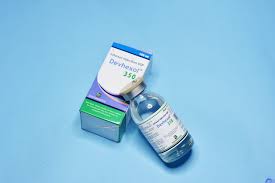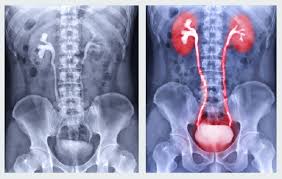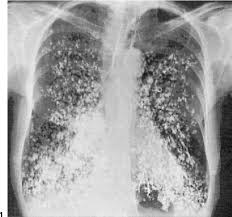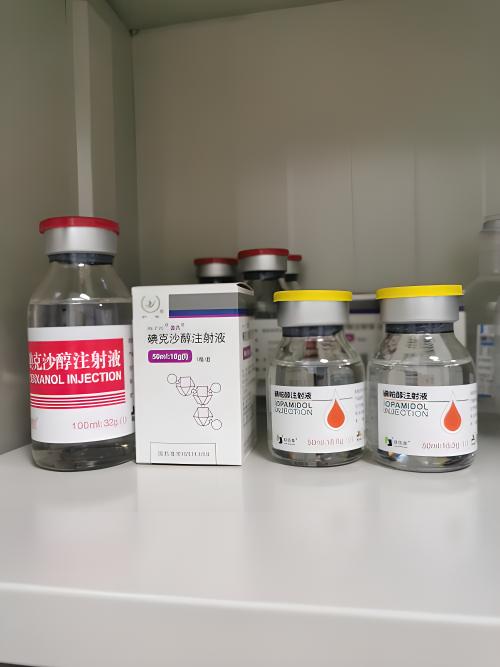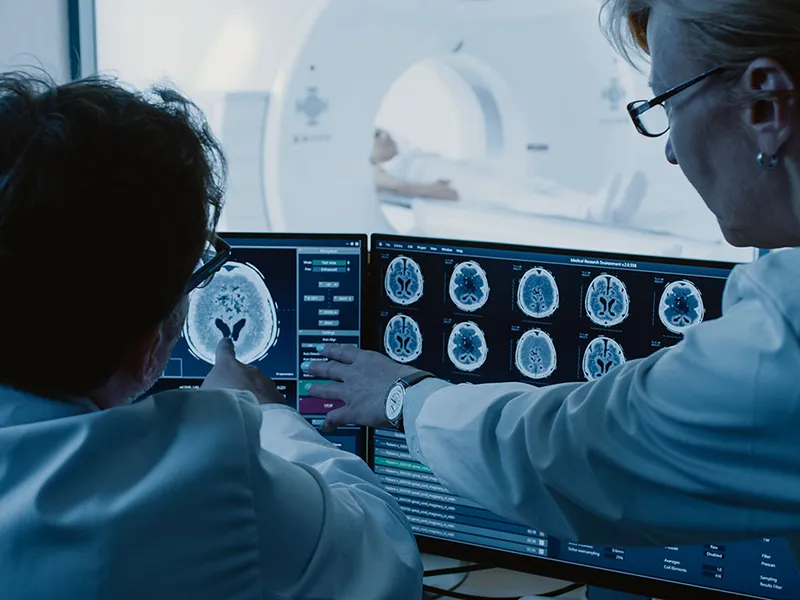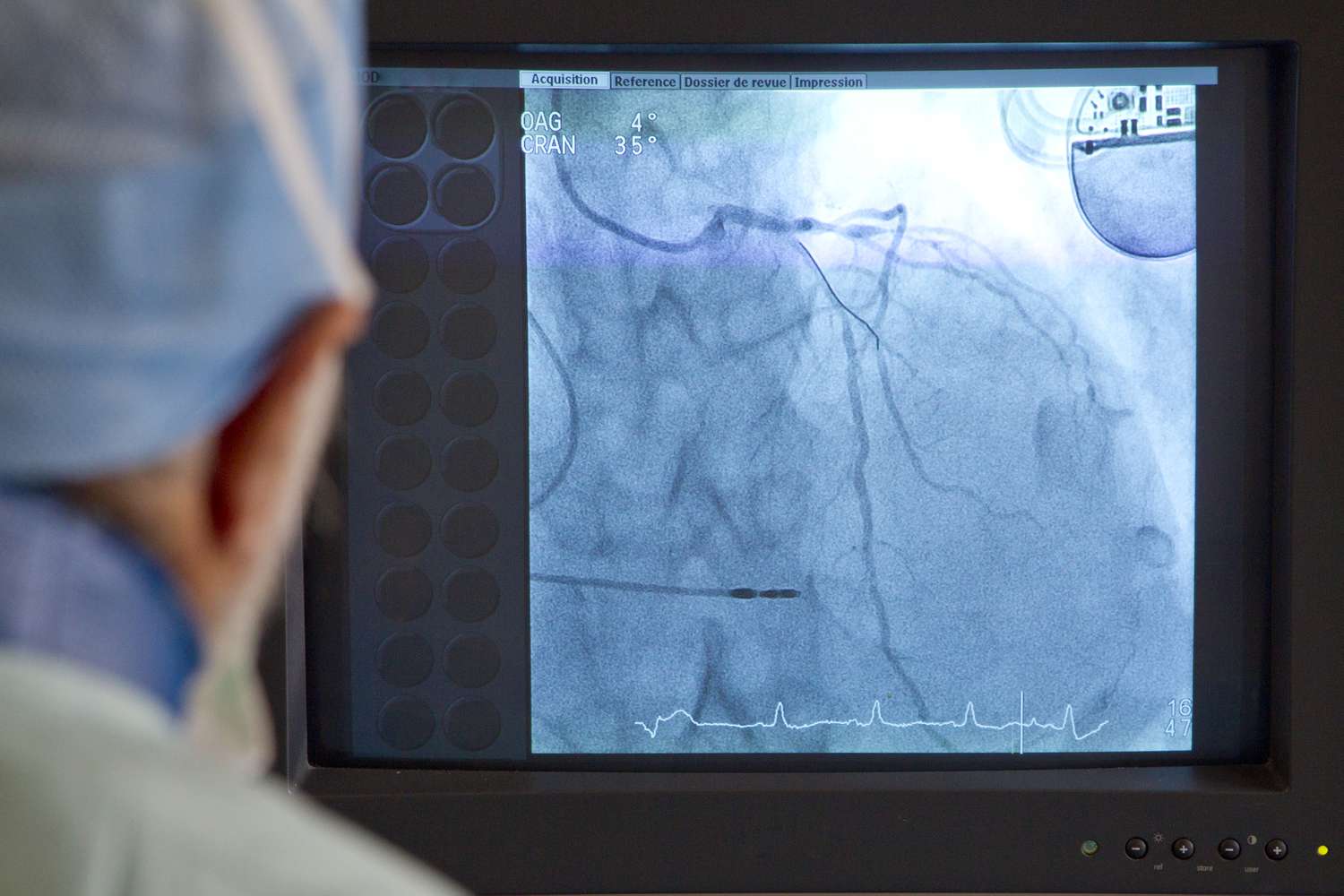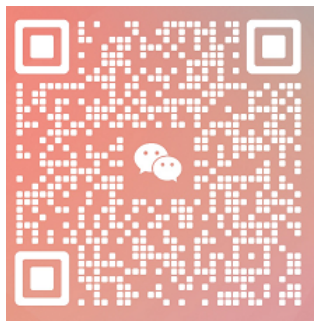Contrast media are a group of chemical agents developed to aid in the characterization of pathology by improving the contrast resolution of an imaging modality. Specific contrast media have been developed for every structural imaging modality, and every conceivable route of administration.
Contrast media is so integral to the value (that) imaging technique adds,” noted Dushyant Sahani, M.D., in a recent video interview series with Joseph Cavallo, M.D., M.B.A.
Extensive Use
For computed tomography (CT), magnetic resonance imaging (MRI) and positron emission tomography computed tomography (PET/CT), contrast media is utilized in the majority of these exams for cardiovascular imaging and oncology imaging in emergency departments.
Contrast Agents for Different Purposes
There are many kinds of contrast media used in different medical imaging department.
Barium sulfate contrast media have been used for many decades. Their use is generally restricted to radiographic and fluoroscopic examinations. Occasionally they are also used for CT examination of the GI tract.They are cheap and well-tolerated by most patients, complications from their use are rare.
Iodinated contrast media are the contrast agents that contain iodine atoms used for radiographic, fluoroscopic, angiographic and CT imaging. They are a versatile group of agents used for intravenous, oral and other routes of administration. They can also be used in fluoroscopy, angiography and venography, and even occasionally, plain radiography.
MRI contrast media are most commonly gadolinium-based contrast agents (GBCAs), which are the agents used for the vast majority of contrast-enhanced MRI scans. Historically, they were occasionally used for vascular and CT scans but due to nephrotoxicity this use has been (largely) abandoned.
Ultrasound contrast media have been gaining traction in recent years for generally niche applications.
What are the possible effects from receiving an injection of contrast?
Any reaction to the dye is normally immediate, but occasionally a red, itchy rash (A mild allergic reaction)can develop on the body some hours after the scan. This is very rare, but if it does happen,you should contact your GP or local A&E department.
Other rare but possible delayed reactions include nausea, vomiting, abdominal pain, rash, dizziness and headache.These signs and symptoms almost always disappear within a few hours and usually little or no treatment is required.
Contrast Media Injector
Contrast Media Injectors are used to inject contrast media or contrast agents to enhance the blood and perfusion in tissues. Contrast is commonly described as a ‘dye’ as it allows veins, arteries and internal organs to show up more clearly on scan images. This is all thanks to the assistance of high pressure injectors. LnkMed has unveiled its CT single injector, CT double head injector, MRI injector, Angiography injector into the market step by step since its establishment in 2018 and we have gained a lot of customers.
Post time: Nov-24-2023


